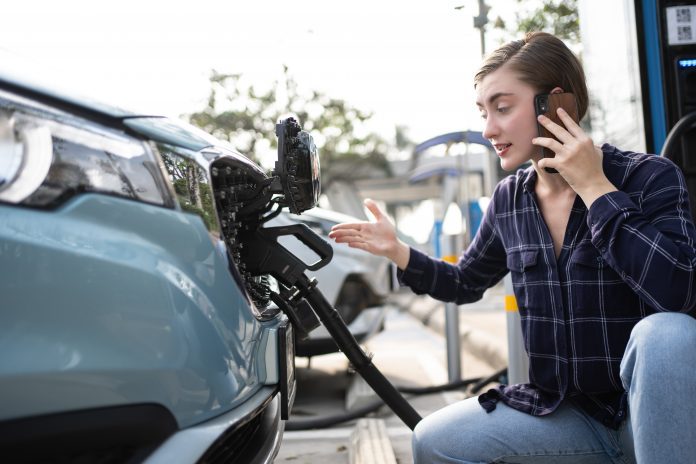According to Atlas Public Policy, electric vehicle (EV) sales are predicted to account for a record 9% of all passenger vehicles in the U.S. this year. That amounts to a 1.7% increase in new vehicle sales from 2022.
While the data indicates notable advancements in electrification, the U.S. is still falling behind nations such as China, with EV sales accounting for 33%, Germany (35%), and Norway at 90% of total EV sales. In those nations, consumers’ decisions to switch to plug-in vehicles are influenced by aggressive government zero-emissions targets, automotive tax incentives and subsidies, and reasonably priced options.
Yet, in the U.S., states like California, Washington, New Jersey, and several others have passed mandates to ban gas-powered, new car sales by 2035.
On the other hand, Tesla, the leading EV maker, has lowered the cost of its well-liked cars several times this year. This forced other automakers to make an effort to keep up. Moreover, carmakers are increasingly providing bigger incentives for their electric models, and as the inventory of EVs increases at showrooms, retailers are offering deeper discounts.
For instance, the Inflation Reduction Act, which raised tax credits for eligible new and used EV purchases, also lowered EV prices for consumers, with reductions of either $3,750 or $7,500, contingent upon specific conditions.
The higher initial expense of switching to EVs and the unreliable and unavailable public charging infrastructure continue to be obstacles for many consumers. According to Kelley Blue Book estimates, the average cost of a new electric vehicle last month was $51,762, which was $3,826 more than the average cost of a new car.
Significant automakers have embraced Tesla’s charging system to address specific infrastructure-related issues. The Combined Charging System, or CCS, has been the main one used by the rest of the industry. However, using Tesla’s technology will reduce charging problems, and non-Tesla EV drivers will have more opportunities to charge elsewhere.




